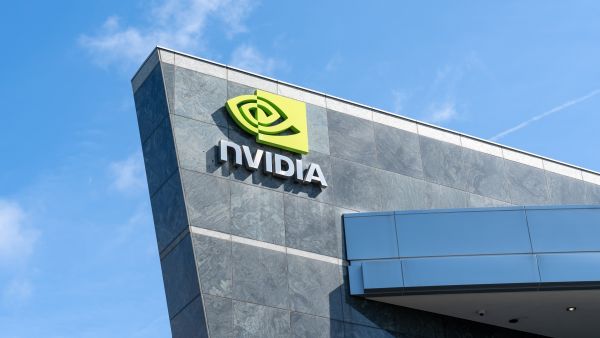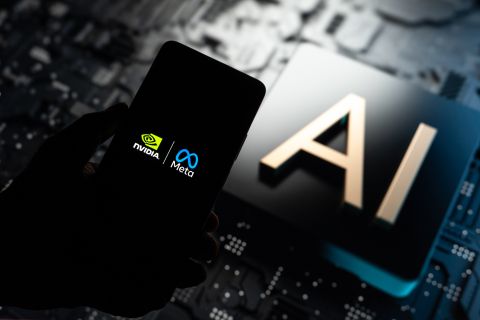ALBAWABA – During its annual GTC conference, in which Nvidia usually debuts its top-of-line technological breakthroughs, the tech giant has revealed a variety of AI advancements with a strong entry to the Quantum Computing cold race with two new supercomputers, academic initiatives and Nvidia’s Quantum Cloud.
ABCI-Q, the first of two supercomputers announced by Nvidia to be developed with their H100 Hopper architecture GPU and CUDA-Q programming infrastructure, will be built by Fujitsu and located at the G-QuAT ABCI Supercomputing Center at Japan’s National Institute of Advanced Industrial Science and Technology in Tsukuba, as reported by CQI. ABCI-Q aims to boost researching new quantum algorithms and methods for combining quantum and conventional computing in a hybrid setup with more than 2,000 H100 GPUs, expected to finalized early 2025.
The Danish Centre for AI Innovation will host a second setup employing a new system dubbed “Gefion,” with $102m funds by the Novo Nordisk Foundation and the Export and Investment Fund of Denmark. With 1,528 NVIDIA H100 Tensor Core GPUs and 382 Intel Xeon Platinum CPUs linked via NVIDIA's Infiniband technology, the system will consist of 191 NVIDIA DGX H100 computers and runs on the company’s CUDA-Q programming system to be utilized for quantum emulations in addition to other conventional HPC workloads.
Nvidia also announced its new Quantum Cloud platform, which the company refers to as a microservice that enables clients to utilize the open-source CUDA-Q computing platform to develop, test, and operate their applications across multiple specialized cloud service providers like Google Cloud, Microsoft Azure and Oracle Cloud Infrastructure. While no official launch date has been announced, researchers and innovators are able to sign up for an early access to Quantum Cloud on Nvidia’s website.
Following its significant strides in the field of AI, Nvidia also unveiling Project GR00T, a comprehensive hardware and software platform designed specifically for creating robots with human-like capabilities. This platform, according to Reuters, includes a powerful computer system to drive the robot along with AI, as well as a suite of software tools featuring genAI, enabling developers to construct robots that closely resemble human beings.
“Building foundation models for general humanoid robots is one of the most exciting problems to solve in AI today,” said Jensen Huang, founder and CEO of NVIDIA, adding that “The enabling technologies are coming together for leading roboticists around the world to take giant leaps towards artificial general robotics.”









